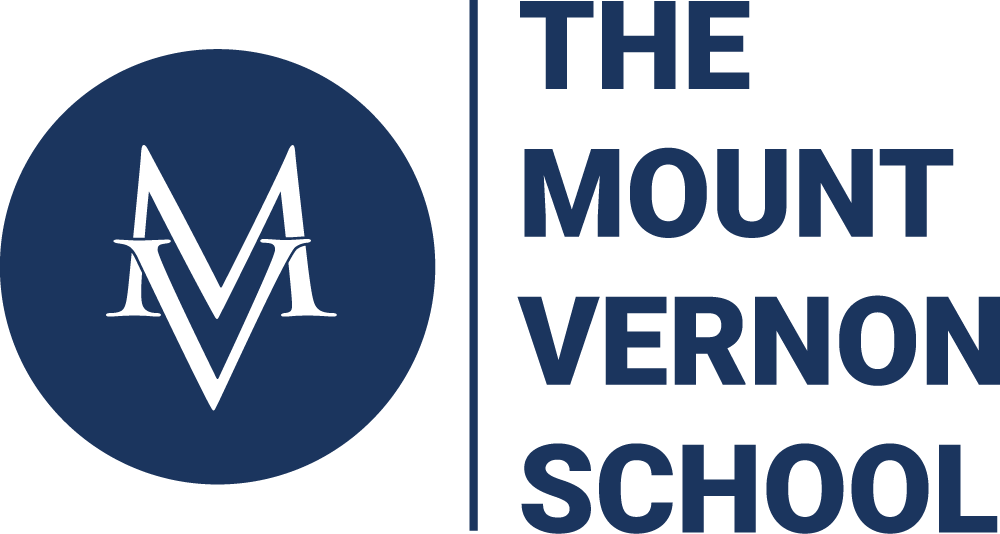Removing boundaries, blurring the lines between core disciplines, and collaboration across divisions is what makes Mount Vernon unique. In just one week, grade 9 biology instructor Larisa Pender-Healy has not only demonstrated these qualities through one project, but two.
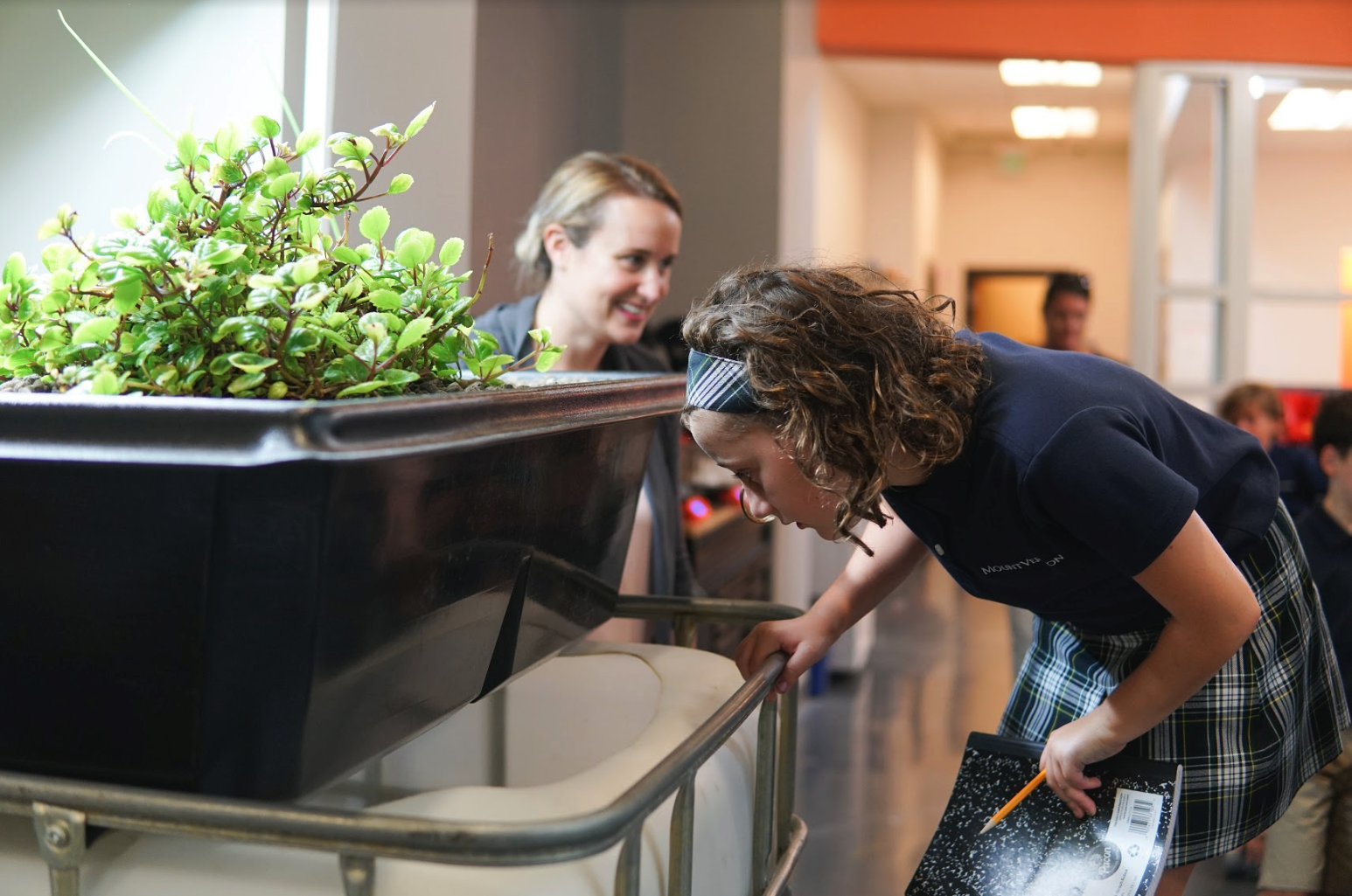 Larisa shares, “These ninth graders will be learning about the nitrogen cycle, photosynthesis, animal husbandry, ratios, proportions, hydrodynamics (how water moves), food deserts, social justice as the right for access to healthy and fresh food for all, and several maker/design/engineering principles as they identify problems to fix with a complex system. Not to mention they will be collaborating with each other and experts in the field, communicating their ideas in new settings, and designing solutions to real problems that happen within a living system.”
Larisa shares, “These ninth graders will be learning about the nitrogen cycle, photosynthesis, animal husbandry, ratios, proportions, hydrodynamics (how water moves), food deserts, social justice as the right for access to healthy and fresh food for all, and several maker/design/engineering principles as they identify problems to fix with a complex system. Not to mention they will be collaborating with each other and experts in the field, communicating their ideas in new settings, and designing solutions to real problems that happen within a living system.”
*Aquaponics with Grade 4
The MV aquaponic system was a passion of mine even before starting at Mount Vernon. In my final year as an animal behavior researcher at Georgia Tech, I started working with Truly Living Well to connect their aquaponic system to K-12 schools in need of this type of learning tool. I saw the power that this living laboratory had on student engagement, that I knew it would come into play when I became a faculty member here at MV. During my interview with Chip Houston, I made it known that my goal was to design and build a living laboratory for MV students. I’m not sure he understood at that time that he was going to be providing the seed money. Twelve months later, after numerous long days, trials and errors, and a few fish that didn’t make it, the aquaponic system was built and survived its first year. I learned during this year that the system is meant for younger students and low and behold I found Eileen Fennelly, Lower School science teacher. I remember clearly that I invited her to the US Hive to view the system, we shared Starbucks coffee, and she developed an immediate connection to the system for her students. We started having conversations over email and eventually landed on the Lower School students adopting this system as their own and eventually moving it to the LS science room. This year is a transition and learning year for both the students and Eileen, with me acting as their resident expert. I will be working with them to better understand how the system works and what is possible. The rest is theirs for the playing.
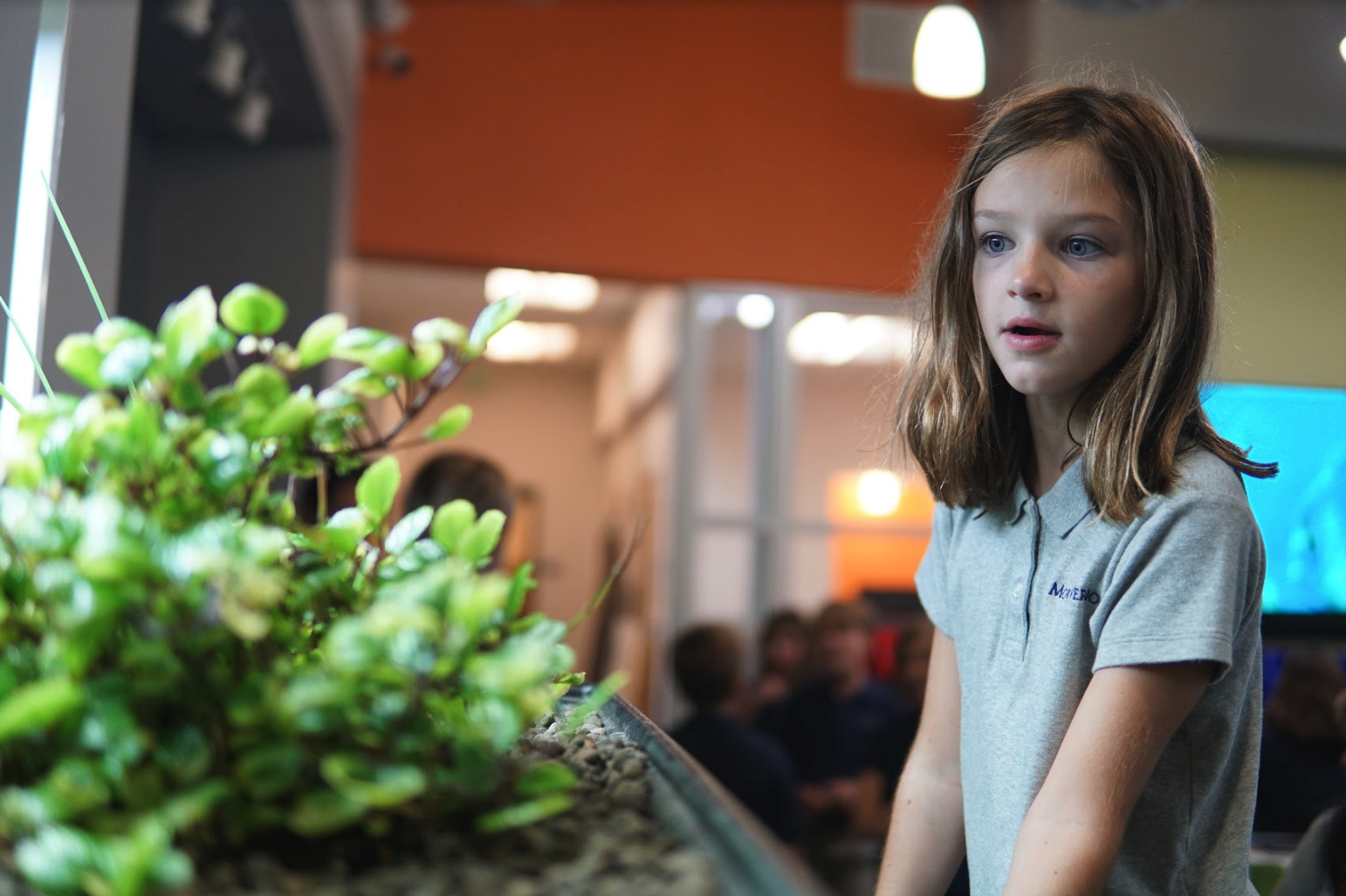 The aquaponic system is part of a bigger sustainability initiative that is just starting to flourish at Mount Vernon. From a grand view, I have a vision for an urban agriculture and technology program where students engage in agriculture practices at different stages in their learning journey. In the preschool years, students will have access to a pollinator garden and small soil garden that is managed by a passionate kindergarten mother, Mary Novotny. She provides excellent opportunities for students to observe nature at work and sample the fruits of their labor. In the Lower School, students will be more hands-on in the designing and growing process and have an opportunity to grow in an aquaponic system, a more sustainable yet complex farming technique. As fifth graders, students will shift their focus to soil-based farming and be able to compare it to their time growing in an aquaponic system. The final stage of the urban agriculture and technology program is still in progress. There are four eighth grade students that have dreamed up the idea for Mount Vernon to have a hydroponic farm enclosed within a 40-foot shipping container. They are currently in a deep design process, researching, connecting with experts, learning from others mistakes in hopes of designing the perfect system for us to use. The goal is that the food produced will supplement our dining facilities. The remaining produce will be served at a family-style dining experience where we might invite other schools to join us for a meal and great conversation.
The aquaponic system is part of a bigger sustainability initiative that is just starting to flourish at Mount Vernon. From a grand view, I have a vision for an urban agriculture and technology program where students engage in agriculture practices at different stages in their learning journey. In the preschool years, students will have access to a pollinator garden and small soil garden that is managed by a passionate kindergarten mother, Mary Novotny. She provides excellent opportunities for students to observe nature at work and sample the fruits of their labor. In the Lower School, students will be more hands-on in the designing and growing process and have an opportunity to grow in an aquaponic system, a more sustainable yet complex farming technique. As fifth graders, students will shift their focus to soil-based farming and be able to compare it to their time growing in an aquaponic system. The final stage of the urban agriculture and technology program is still in progress. There are four eighth grade students that have dreamed up the idea for Mount Vernon to have a hydroponic farm enclosed within a 40-foot shipping container. They are currently in a deep design process, researching, connecting with experts, learning from others mistakes in hopes of designing the perfect system for us to use. The goal is that the food produced will supplement our dining facilities. The remaining produce will be served at a family-style dining experience where we might invite other schools to join us for a meal and great conversation.
*Nutrition with PreK
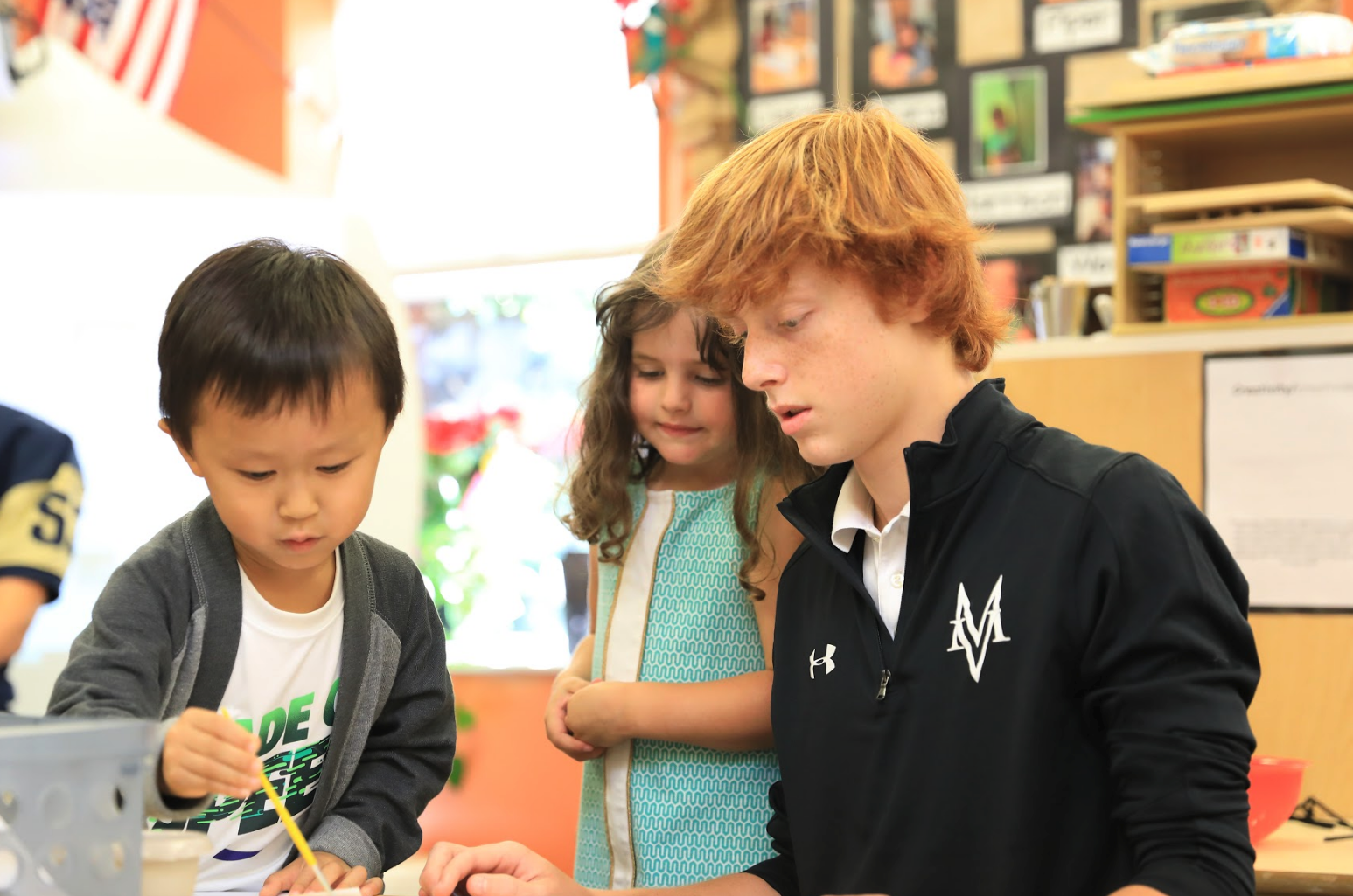 In the spring of 2018, I met a passionate MV mother that shed light on the fact that our students consume over 1/3 of their daily nutritional intake at Mount Vernon. Even more, children form most of their eating habits by the age of 5 years old. So that translates into a concern for the nutritional intake of our preschoolers. Consuming healthy snacks is a struggle for most adults. Imagine if you had to provide healthy snacks for individuals that are picky eaters and have dietary restrictions? Add onto that scenario a budget constraint, lack of time to prepare fresh snacks, and regulations on feeding young people. This is the reality of our preschool and lower school teachers. I felt it was my duty to finesse my biology curriculum to better serve a real local challenge on nutrition. The story is quite simple from here. The beauty of Facebook brought me to Debbie Markland, one of our PreK teachers. I met with all of the preschool and young 5’s teachers during pre-planning and asked them if they would allow my students to make their lives easier by developing custom healthy snacks for their students that are balanced in their individual macronutrient, micronutrient, and 5 food group needs. Each of my students will take on a preschooler or LS student as their client, develop a client nutrition profile that highlights their specific dietary needs. Through several iterations in the form of taste tests, my students will eventually build a menu of snacks to choose from that the client enjoys and is nutritious.
In the spring of 2018, I met a passionate MV mother that shed light on the fact that our students consume over 1/3 of their daily nutritional intake at Mount Vernon. Even more, children form most of their eating habits by the age of 5 years old. So that translates into a concern for the nutritional intake of our preschoolers. Consuming healthy snacks is a struggle for most adults. Imagine if you had to provide healthy snacks for individuals that are picky eaters and have dietary restrictions? Add onto that scenario a budget constraint, lack of time to prepare fresh snacks, and regulations on feeding young people. This is the reality of our preschool and lower school teachers. I felt it was my duty to finesse my biology curriculum to better serve a real local challenge on nutrition. The story is quite simple from here. The beauty of Facebook brought me to Debbie Markland, one of our PreK teachers. I met with all of the preschool and young 5’s teachers during pre-planning and asked them if they would allow my students to make their lives easier by developing custom healthy snacks for their students that are balanced in their individual macronutrient, micronutrient, and 5 food group needs. Each of my students will take on a preschooler or LS student as their client, develop a client nutrition profile that highlights their specific dietary needs. Through several iterations in the form of taste tests, my students will eventually build a menu of snacks to choose from that the client enjoys and is nutritious.
